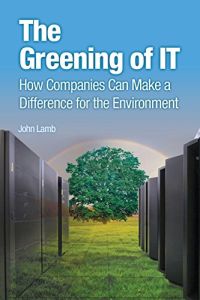
Recommendation
As conventional energy sources dry up, the cost of electricity increases. Expanding energy usage is wreaking havoc on the environment, so businesses must find ways to become more energy efficient. Organizations of any size that spend heavily to power and cool their information technology (IT) operations can save money and help the planet by going green in IT. John Lamb, an IT architect, explains how to get that done in this informative, comprehensive and eminently practical book. He offers many helpful case studies of a wide variety of companies and nonprofits that have successfully made the transition to green IT. He presents a strong business case for environmentally sound IT, describes best practices and touches on some primary technical issues. getAbstract suggests Lamb’s thoughtful guide to CEOs, chief information officers and other IT professionals. Executives of all kinds will be able to understand this book, though Lamb includes enough technical data to provide extra utility to IT experts who want to make their operations less costly and more sustainable.
Summary
About the Author
John Lamb, Ph.D., a member of the Institute of Electrical and Electronics Engineers and of the American Society of Mechanical Engineers, is the author of four books. He earned his Ph.D. from Engineering Science from the University of California at Berkeley.









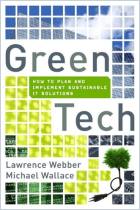

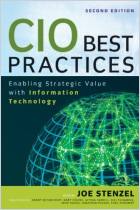

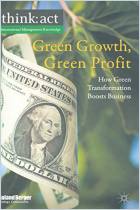



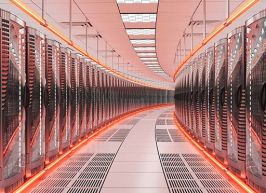





Comment on this summary or 开始讨论